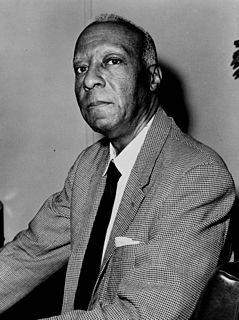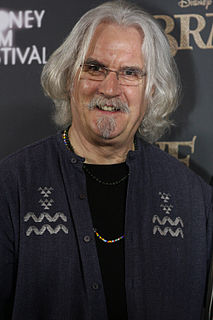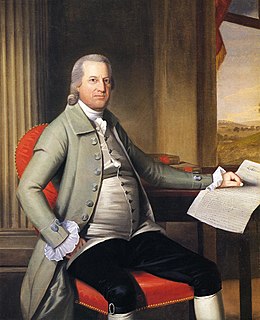A Quote by Jeremy Corbyn
Lopez Obrador invokes the appeal of national unity, the revolution of 1910, and the progressive constitution of 1917.
Quote Topics
Related Quotes
[A]s it must be admitted that the remedy under the Constitution lies where it has been marked out by the Constitution; and that no appeal can be consistently made from that remedy by those who were and still profess to be parties to it, but the appeal to the parties themselves having an authority above the Constitution or to the law of nature & of nature's God.
The proposed constitution, therefore, even when tested by the rules laid down by its antagonists, is, in strictness, neither a national nor a federal constitution; but a composition of both. In its foundation it is federal, not national; in the sources from which the ordinary powers of the government are drawn, it is partly federal, and partly national; in the operation of these powers, it is national, not federal; in the extent of them again, it is federal, not national; and finally, in the authoritative mode of introducing amendments, it is neither wholly federal, nor wholly national.
Is the appointment of Chaplains to the two Houses of Congress consistent with the Constitution, and with the pure principle of religious freedom? In strictness the answer on both points must be in the negative. The Constitution of the U. S. forbids everything like an establishment of a national religion. The law appointing Chaplains establishes a religious worship for the national representatives, to be performed by Ministers of religion, elected by a majority of them, and these are to be paid out of the national taxes. Does this not involve the principle of a national establishment ... ?
In the constitution of Spain as proposed by the late Cortes, there was a principle entirely new to me:... that no person born after that day should ever acquire the rights of citizenship until he could read and write. It is impossible sufficiently to estimate the wisdom of this provision. Of all those which have been thought of for securing fidelity in the administration of the government, constant reliance to the principles of the constitution, and progressive amendments with the progressive advances of the human mind or changes in human affairs, it is the most effectual.
I believe in the Constitution. I believe in separation of powers. I believe in the rule of law. I believe in limited government. And these are principles and policies that apparently neither the national Republican nor the national Democrat Party believes in. I believe great damage is being done to our Constitution, and I see no remedy at all, no likelihood of that changing, if we rely on the two parties to field our candidates for national office.































